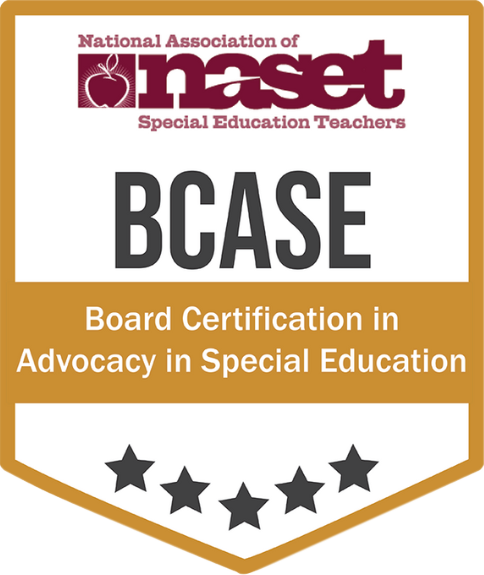A family won a major settlement after their child was wrongfully expelled, exposing the school district’s failure to follow federal Title IX laws. K Altman
Our male client was dismissed from his nursing program during his final semester, facing a challenging situation that jeopardized his future in the field. At
Our client faced an academic dismissal from their institution due to failing grades. This situation arose because the school failed to implement the student's ADA
Our client faced dismissal from their institution due to failing grades, which resulted from multiple mental health challenges. Initially, their application for a retroactive medical
Our client was academically dismissed after failing their first clinical rotation and subsequently failing their academic remediation plan. Additionally, they missed their appeal deadline, making
Our client, a Freshman Nursing major at a small Midwestern college, reached out to us for support after filing a Title IX complaint against a
Facing allegations of sexual assault, our client’s mental health had deteriorated and he saw little chance that he could successfully defend himself.
We recently worked with a student-athlete whose roommate falsely accused him of violating school rules. The allegations were false, and the school investigated the matter
Our client was facing allegations of sexual harassment and reached out to us for assistance. He was attending a summer session, and one of the
Our client was a victim of non-consensual sexual intercourse during the first year of her undergraduate career. She suffered a traumatic experience and needed someone
During the school prom, our client had been accused of vaping in the bathroom. But the school principal and the witness to the incident both
Our client endured a flood of health complications over a period of six months. She had to manage her declining health while recovering from surgery



